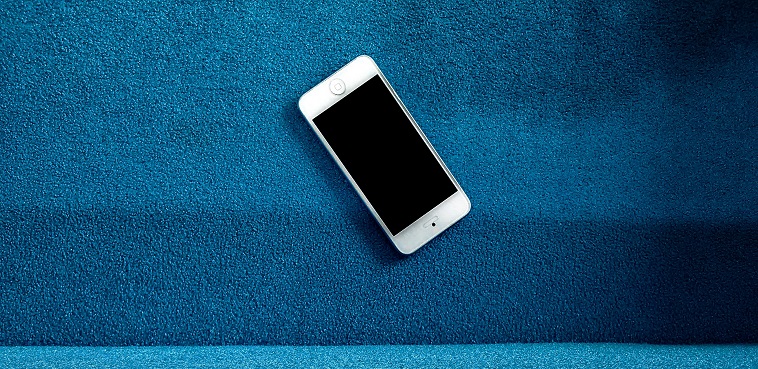Frank Loesser, the noted Broadway composer, and lyricist would get up at 4 a.m. and compose at the piano. He would also be driven around in his car. As his wife, Jo Sullivan Loesser said on NPR’s “Fresh Air,” the early hours and the drive-time were Loesser’s way of ensuring he wouldn’t be disturbed by someone calling him on the phone.
Today, Loesser, noted for his shows “Guys and Dolls” and “How to Succeed in Business Without Really Trying,” would have a harder time getting away from the phone because, as we all know, the phone goes wherever we go. Our phones become our links to all things media — communication, information, and entertainment.
No matter where we are, except maybe in the shower or underwater, we are entwined with our devices. The upside is that we are informed; the downside is that we are overwhelmed.
Research shows that too much use of smartphones harms sleep patterns, threatens intimacy, and distracts us from tasks at hand. Devices contribute to the perception that we can multitask. We, humans, like to think we are good at doing more than one thing at a time, but in reality, in doing so, we end up doing both things less well.
As Gisela Telis writes in Science magazine, “When the brain tries to do two things at once, it divides and conquers, dedicating one-half of our gray matter to each task. … But forget about adding another mentally taxing task: The work also reveals that the brain can’t effectively handle more than two complex, related activities at once.”
So, what do we do about it? The solutions are as varied as putting your phone in the glove compartment when you drive, powering it off when you meet friends or leaving it in another room when you eat and, most importantly, sleep. (While I don’t sleep with my phone, I do realize it’s a part of me, and a role in which I take no pride.)
These are practical and straightforward tips, but they carry with them a negative: deprivation. Therefore, you must want to do away with the device as a means of gaining, not depriving. You have to decide to do without being tethered to a device and to do that you need to consider what your phone or tablet means to you and figure out how you can maximize its value while minimizing its impact on you.
Consider it a new twist on “less is more.” That is, the less you use your phone, the more valuable it becomes. When you use your phone, limit your usage as you might your calorie intake. Therefore, use it to connect with others in meaningful ways. That is, use it to have actual voice conversations, not text exchanges.
Find ways to connect face-to-face when possible. This is not an excuse to hold more meetings; it suggests having more conversations — exchanges of ideas and opinions. Consider your phone as a backup, not a primary link.
The point of limiting usage of a device is not punishment. It is instead a means of finding enrichment. When our faces are buried in our screens, we deaden ourselves to our environment. That’s not bad when stuck on bus or subway, or even a plane, but when out and about, we need to be more cognizant of what’s around us. Life is not a sum of pixels consumed; it is our connection to people and places around us.
Donald Altman, a colleague, writes in his new book, “Reflect,” that “You are a sense-being, not a thought-being.” Altman is referencing the fact that many of us spend too much time within our thoughts than with connecting to others.
A smartphone is not a true connection; it’s a thought device; our connections with it are virtual rather than real. Altman advises us to look for joy around you, and in doing so, there will be contentment that he writes “may be quieter and less showy, but it’s a lasting and supportive companion.”
By employing the, less is more mantra to our phones requires discipline. The point is not to deprive, but rather to enrich. By limiting time with a device, you increase your opportunities to find enrichment in others.
John Baldoni is an internationally recognized leadership educator and executive coach. In 2018, Trust Across America honored him with a Lifetime Achievement Award in Trust. Also in 2018, Inc.com named Baldoni a Top 100 Leadership Speaker. In 2019, Global Gurus ranked him No. 9 on its list of top 30 global experts, a list he has been on since 2007. In 2014, Inc.com named Baldoni to its list of top 50 leadership experts. Baldoni is the author of 14 books, including“MOXIE: The Secret to Bold and Gutsy Leadership” and his newest, “GRACE: A Leader’s Guide to a Better Us.” Learn more about why he wrote “GRACE” in this short video.
If you enjoyed this article, sign up for SmartBrief’s free e-mail on leadership and career development, among SmartBrief’s more than 200 industry-focused newsletters.
